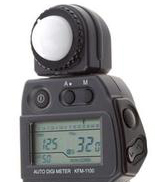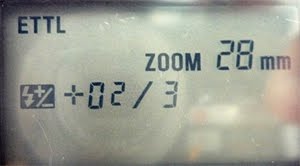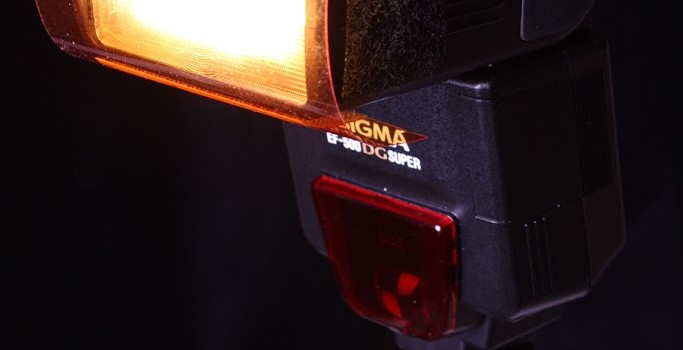We’ve all seen the portrait photographer holding a white-domed object next to the subject’s face to take a light reading. So why is that being done? Why not just let the camera do its automatic exposure thing and take the
Handheld Meters Explained


We’ve all seen the portrait photographer holding a white-domed object next to the subject’s face to take a light reading. So why is that being done? Why not just let the camera do its automatic exposure thing and take the

I’ve often ranted in my courses about how horrible mid-day light is for photography. Apart from the colour temperature concerns – an overly bluish, cold tinge to the light – harsh shadows cast from overhead are unflattering, particularly on human subjects. The

Many people have taken my Digital Photography for Beginners course to overcome their reluctance to take their camera out of Auto mode and take control of exposure and depth of field.For those who are starting to feel comfortable with their
Whenever I think about hauling lighting equipment to a location, the question comes up: Should I take a.c. strobes, extension cords and power bars, or will a couple of hot-shoe flashes, umbrellas and stands do it? Hmmmm…I know what I’d
It’s obvious that some overseas companies rely on (bad) software that literally translates every word from their language into the closest English word, but, of course, completely out of context. It’s a good thing that this particular product I purchased
Occasionally, colouring the light from your camera-mount flash can add drama to a shot without having to lug around a powered strobe head. Some flashes come with plastic snap on filters, but if they don’t, here’s an inexpensive and simple